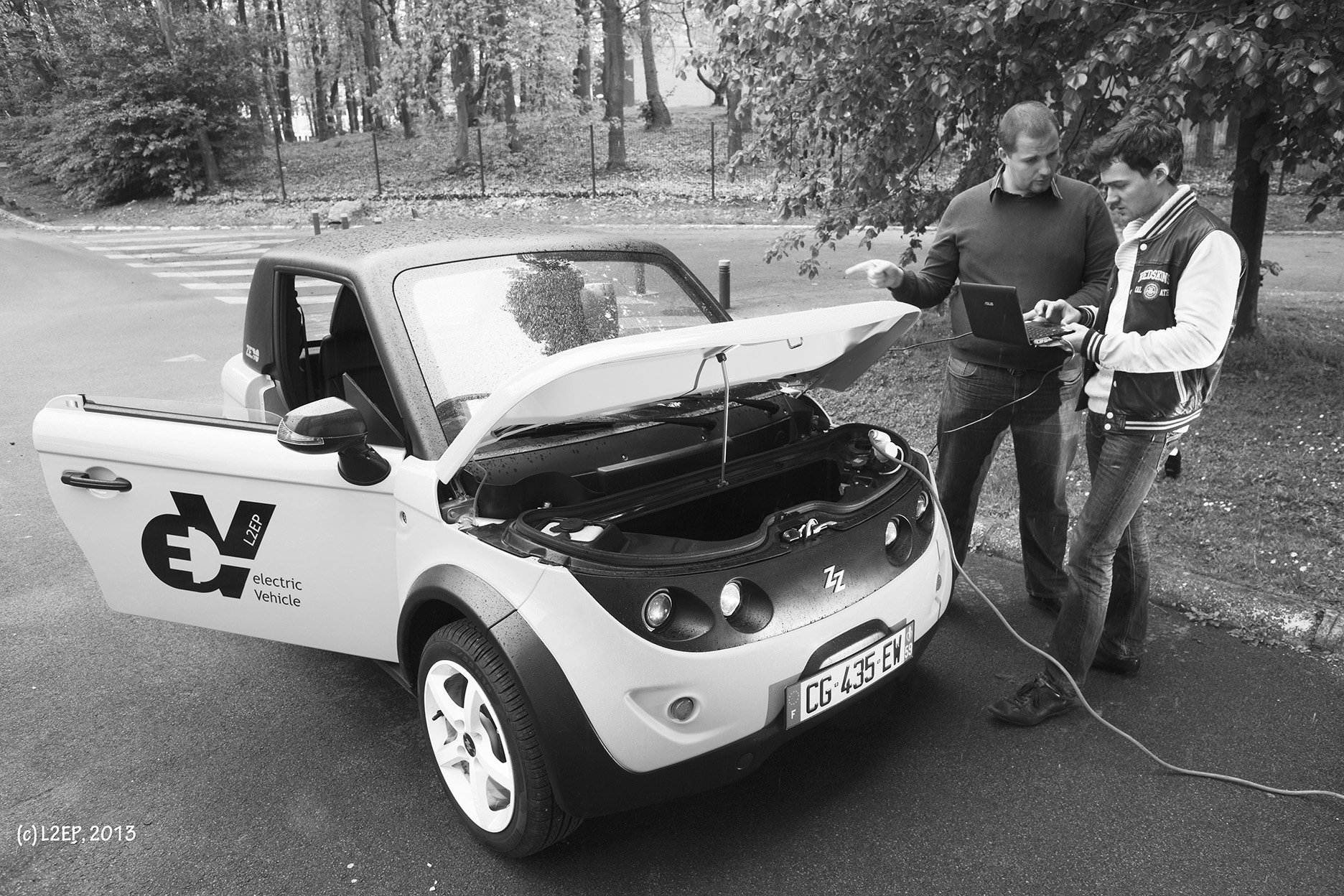Automatic Control & Electrical Systems
From the Theory to Innovative Applications

From the Theory to Innovative Applications
Focusing on the fundamental aspects of control, observation and electrical systems, the research-oriented summer school ACES 2024 is a strong 60-hour training programme that will offer top scientific lectures, seminars and meetings with leading researchers in the fields of automatic control and electrical systems, as well as an introduction to research through a supervised project. The quality of the work undertaken and your scientific potential will be assessed.
Particular emphasis will be laid on innovative applications such as electrical and hybrid vehicles, renewable energy systems, autonomous vehicles, robotics and smart systems, capable of inventing and developing new breakthroughs and technological developments.
Minor modifications to the programme may occur.
Designed to facilitate your acculturation to research in France, the Scientific Research Project will require both personal and teamwork. It will include sessions of tutorials or free discussion with researchers and PhD students from the CRIStAL and L2EP laboratories.
The project will involve the analysis of articles, bibliographical summaries, a presentation of state-of-the-art trends in the chosen research topic, simulations when appropriate and a final project defence in front of the scientific board.
Gain a richer perspective on the Hauts-de-France region!
The Hauts-de-France region is typified by its maritime and Flemish borders, agrarian economy, ancient trade fairs tradition, former textile and mine industries steeped in the Catholic values of its captains and vivid memory of wounds inflicted by two world wars. France’s youngest region is now renowned for its competitiveness, dynamic cultural and social life, and a unique mix of Flemish cheerfulness and French elegance.